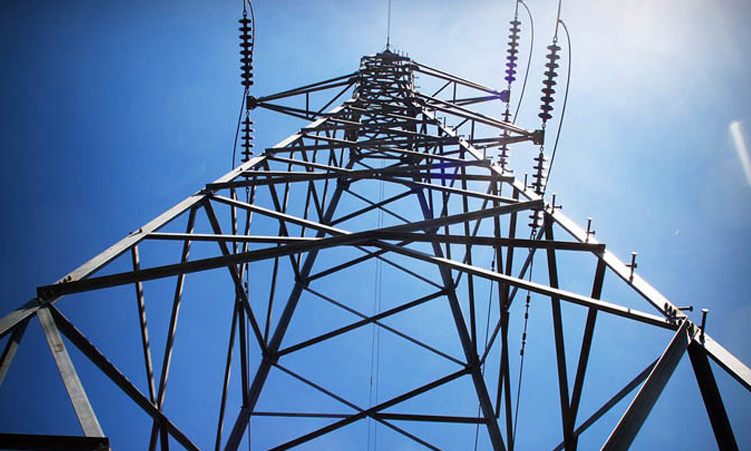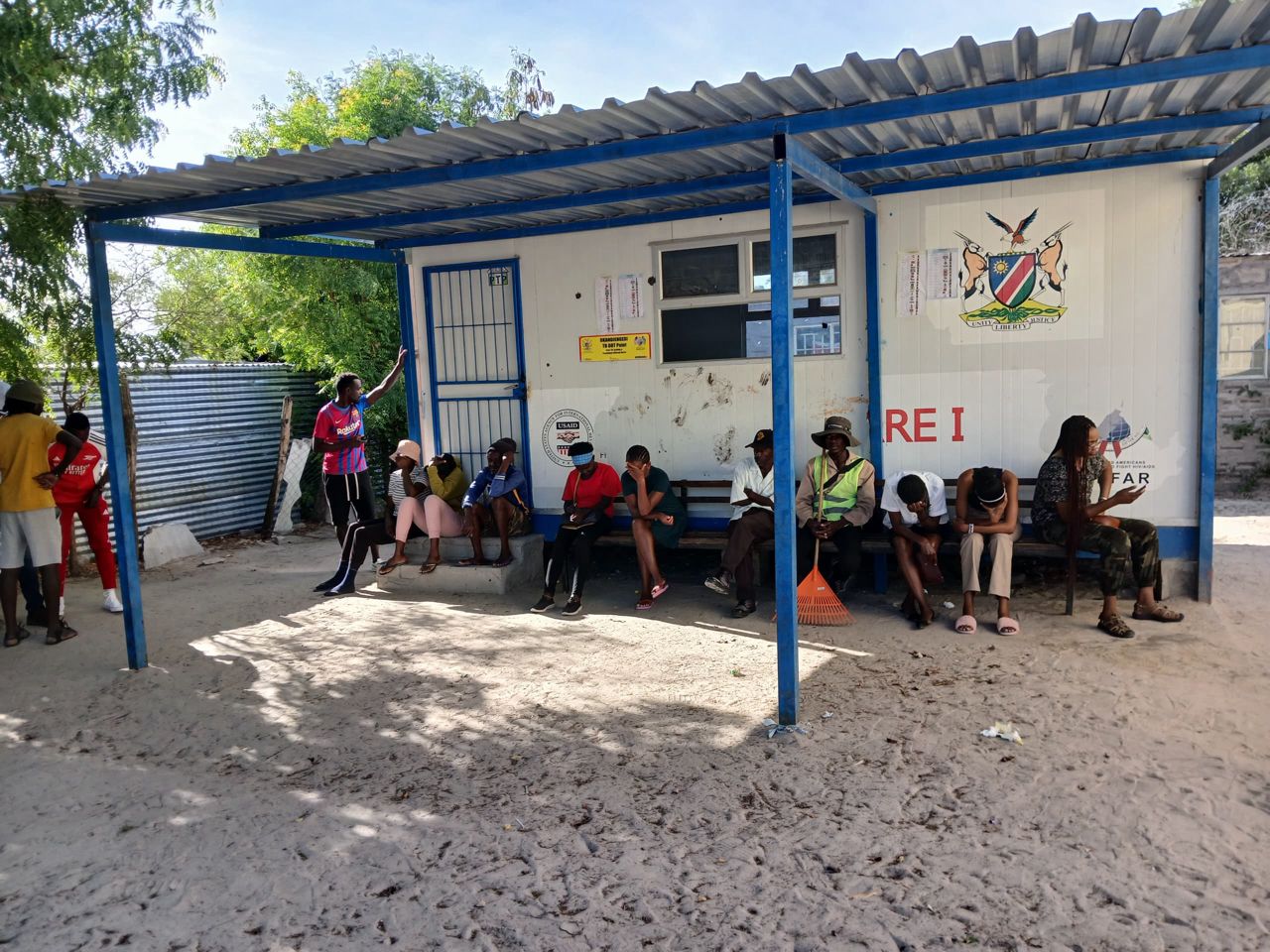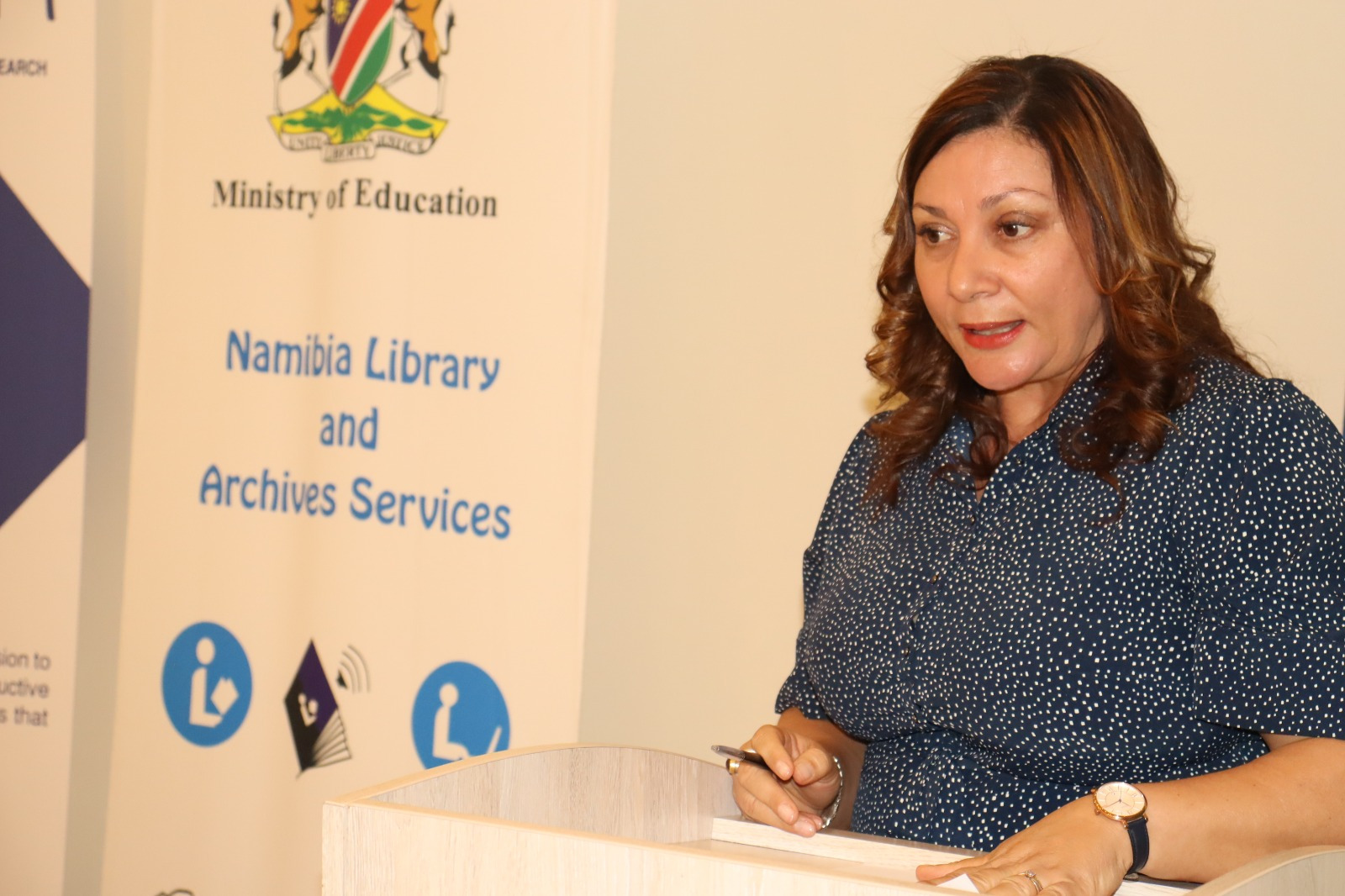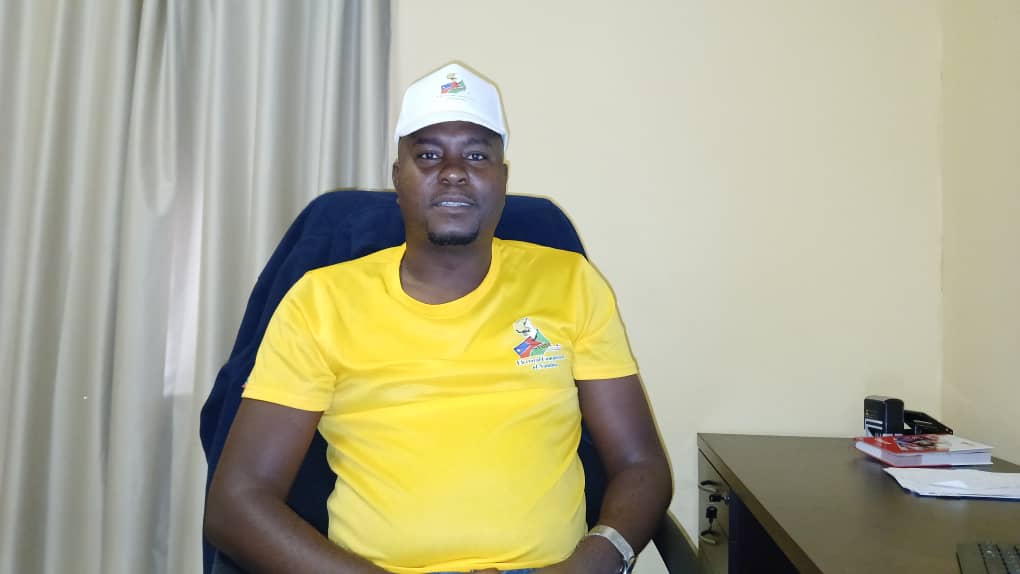Following the introduction of a modified single buyer (MSB) market in Namibia, regional electricity distributors, local authorities, mines, and big customers linked to the grid can now directly purchase some of their electricity from local independent power producers (IPPs).
The MSB model, launched at a two-day conference in Windhoek yesterday, allows new entrants new investment opportunities as well as new technical possibilities for the electricity supply industry.
“The MSB allows certain electricity consumers and IPPs to transact with each other directly for the supply of a certain portion of their electricity requirements,” minister of mines and energy Tom Alweendo said.
The model also allows IPPs to build new generation capacity in Namibia, which is specifically for export purposes, into the South African Power Pool (SAPP).
“Open access to both the SAPP and MSB market is not only a boost for national and regional electricity trading, but will provide vital infrastructure and insights for realising our continental vision of Africa’s single electricity market,” Alweendo said.
Electricity Control Board (ECB) chief executive Robert Kahimise said the main purpose of opening the market is to allow competition, which will lead to lower tariffs, increase local generation capacity, encourage private sector investment in generation, and to reduce the government’s funding burden.
“As we are now in phase 1b of the implementation of the MSB, we are convinced that an increased role and level playing field for independent suppliers and generators is precisely what would help drive the competition that delivers better value for consumers and businesses,” Kahimise said.
Although bilateral transactions and exports are now allowed for IPPs, NamPower will continue to play a critical role in the electricity sector and will also build new supply, procure new supply, and act as the supplier of last resort.
“We will champion the introduction and procurement of new supply sources and steadfastly act as the supplier of last resort,” NamPower’s managing director, Simson Haulofu, said.
NamPower, with support from the ECB, is in the process of finalising the necessary market agreements that would enable the smooth operation of the market for all participants.
Haulofu said there has been a decline in interest in the local energy market, while at the same time there is a strong interest to export locally produced energy, especially to the SAPP.
“With over 1 gigawatt in export licences and more than 600 megawatt of export transmission connection applications applied for or issued, this has created the proverbial ‘burning platform’ with which everyone – from the regulator, the ministry and NamPower, to the SAPP – is grappling with as we navigate the evolving landscape of Namibia’s energy market reform,” Haulofu said.
He emphasised that being a significant participant in the fields of generation, transmission and trading, Namibia must undertake its transition conscientiously.
He said the importance of acquiring more local generation capacity cannot be overstated.
Currently, about 45% of Namibians have no access to electricity, with an electricity rate of 72% in urban areas, but merely 35% in the rural parts of the country.
Meanwhile, Federico Berna, the head of the European Union (EU) delegation, also speaking at the event, said the MSB approach and integration into the SAPP electricity market offer new opportunities for private producers and is poised to unlock the full potential of renewable energy generation in the region through better regional integration.
Berna said by the end of the year, the EU plans to commit N$60 million to support the government’s sustainable energy efforts.
Part of the funding will be dedicated to support the newly established Green Hydrogen Implementation Authority Office, and part will support new electricity generation and rural electrification projects, as well as capacity development and long-term energy planning.
Stay informed with The Namibian – your source for credible journalism. Get in-depth reporting and opinions for
only N$85 a month. Invest in journalism, invest in democracy –
Subscribe Now!






